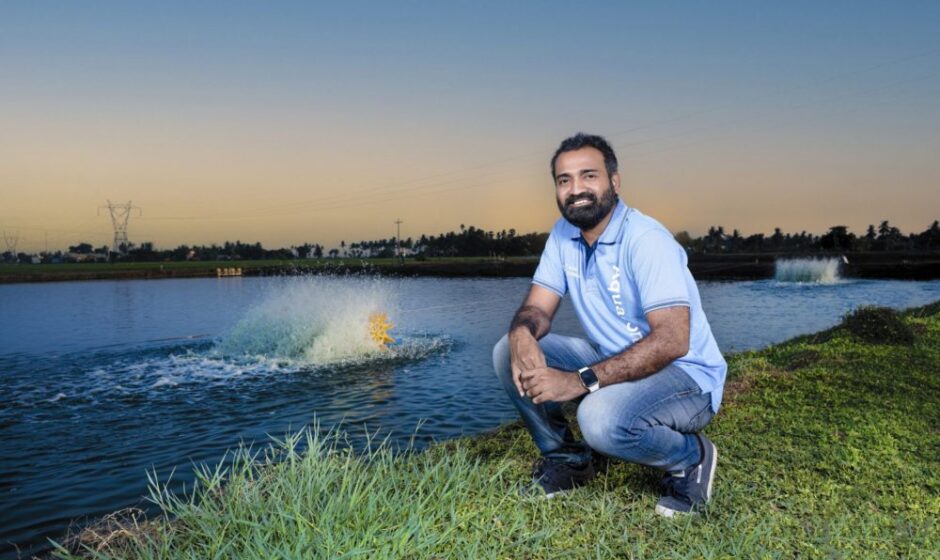In a significant move to strengthen its position in India’s burgeoning aquaculture sector, AquaConnect, a leading Indian seafood technology company, has announced a $4.5 million (€4.2 million) investment in new research and development (R&D) and production infrastructure in Gujarat. The investment marks a strategic expansion into farm care biologicals, positioning AquaConnect at the forefront of sustainable seafood production technologies.
Strategic Expansion into Aqua Biologicals
AquaConnect, which has established itself as an integrated supply chain platform in the seafood industry, views this expansion as a natural progression of its business model. The new infrastructure will focus on developing and producing biological solutions that enhance farm productivity, improve water quality, and promote sustainable aquaculture practices.
“We’re not just expanding our operations; we’re transforming our approach to the aquaculture industry,” said Rajamanohar Somasundaram, CEO of AquaConnect. “This investment represents our commitment to innovation and our vision to become one of India’s top aqua biologicals companies within the next five years.”
State-of-the-Art Facilities in Gujarat
The chosen location, Gujarat, is strategically significant due to its growing aquaculture industry and supportive business environment. The new facilities will include:
- A state-of-the-art R&D center focused on developing science-backed biological formulations
- Production units capable of manufacturing high-quality aqua biological products at scale
- Quality control laboratories to ensure product efficacy and safety
- Training facilities for capacity building within the aquaculture sector
Market Potential and Industry Impact
India’s aquaculture sector has been experiencing remarkable growth, with seafood exports reaching 1.78 million tonnes in 2023-24, valued at approximately $7.38 billion. The demand for sustainable and efficient farming solutions has never been higher as the industry faces challenges like water pollution, disease management, and climate change impacts.
“The aquaculture industry is at a critical juncture where traditional methods are no longer sufficient,” explained Somasundaram. “Our biological solutions will address these challenges by improving farm productivity while reducing environmental impact.”
Creating Science-Backed Solutions
AquaConnect aims to differentiate itself through rigorous scientific research and development. Their formulations will be based on extensive testing and validation to ensure they meet the specific needs of Indian aquaculture practices.
“We’re committed to delivering products that not only work but can be scientifically proven to enhance farm performance,” said Dr. Meenal Patel, Head of Research at AquaConnect. “Our team of scientists and aquaculture experts will work closely with farmers to develop solutions that address real-world challenges.”
Employment and Skill Development
The expansion is expected to create numerous employment opportunities in the region, particularly for scientists, technicians, and skilled workers in the aquaculture sector. AquaConnect has also announced plans for training programs to upskill local farmers in the use of biological solutions.
Future Outlook
With this investment, AquaConnect sets its sights on becoming one of India’s top five aqua biologicals companies. Their growth strategy includes both domestic market expansion and potential international collaborations.
Industry analysts view this move as strategically timed, given the increasing global focus on sustainable seafood production and India’s emerging leadership in the aquaculture sector.
“The Indian aquaculture market is ripe for innovation, and companies that can provide science-based solutions will be well-positioned for growth,” said industry analyst Anil Kumar. “This investment demonstrates forward-thinking leadership and positions AquaConnect to capture significant market share in the coming years.”
As AquaConnect embarks on this new chapter, all eyes will be on how their biological solutions transform farming practices and contribute to the sustainability of India’s seafood industry.


